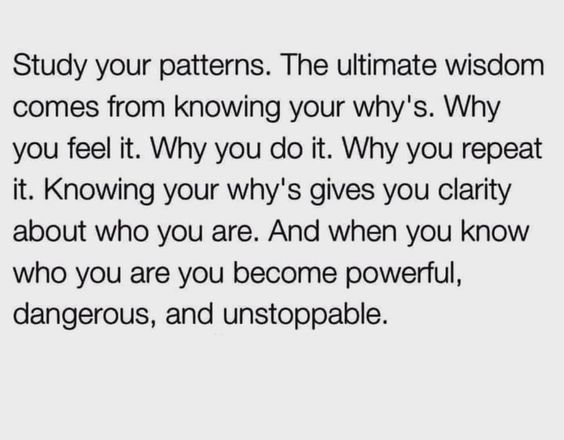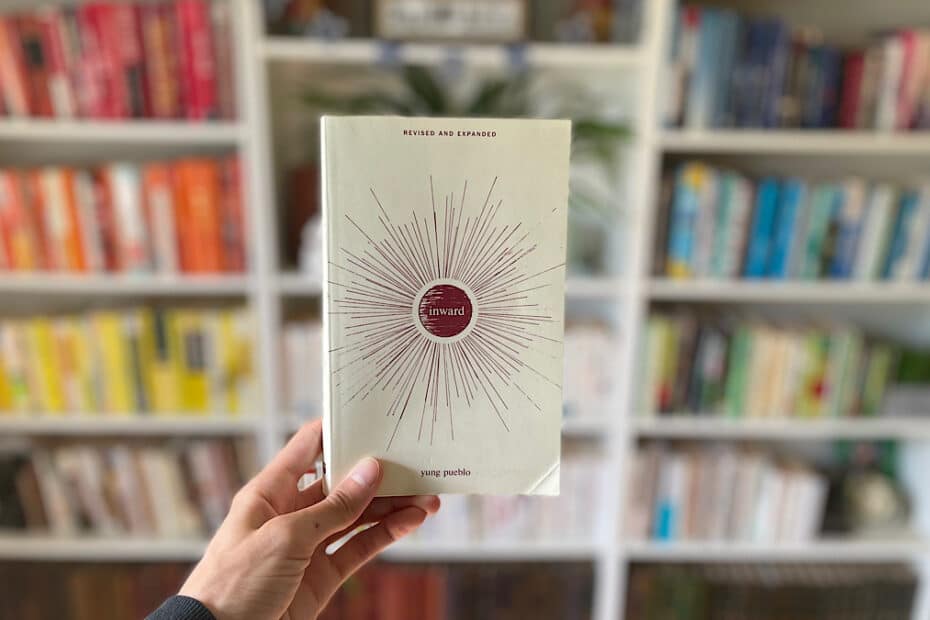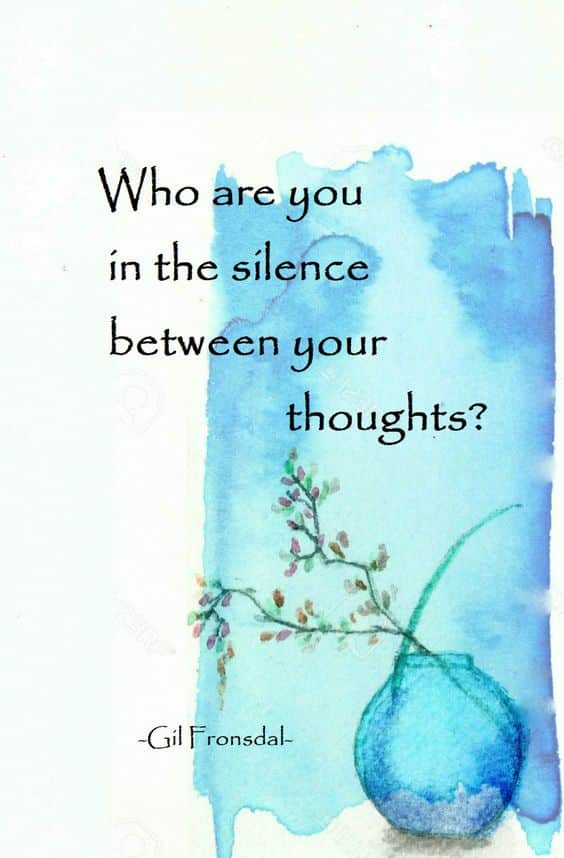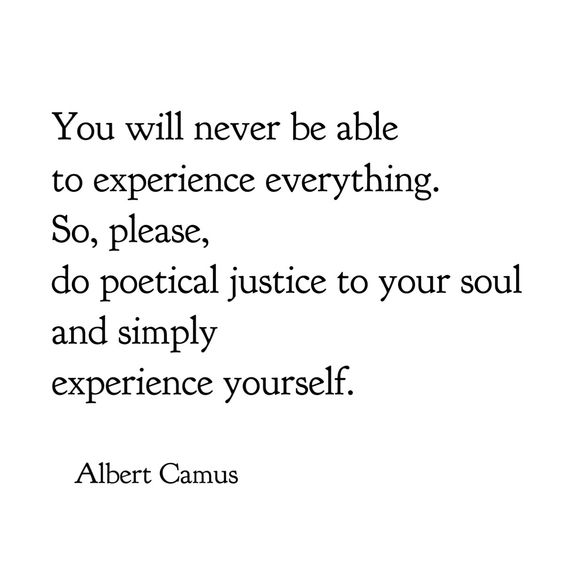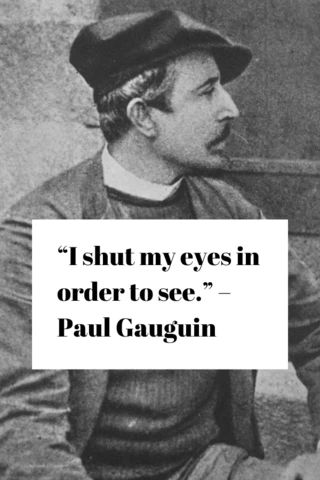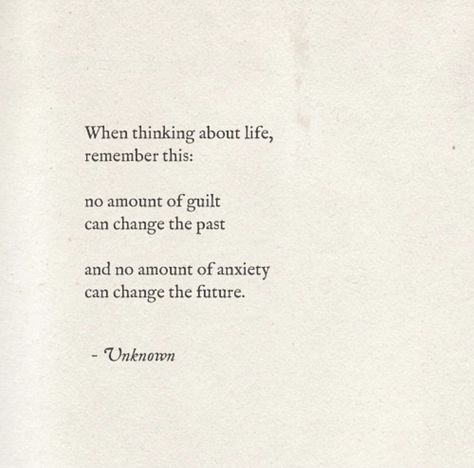“The unconscious manifests itself through a language of symbols. It is not only in our involuntary or compulsive behavior that we can see the unconscious. It has two natural pathways for bridging the gap and speaking to the conscious mind: One is by dreams; the other is through the imagination. Both of these are highly refined channels of communication that the psyche has developed so that the unconscious and conscious levels may speak to one another and work together.”
Robert A. Johnson, Inner Work (Page 4)
Meditations [Book]
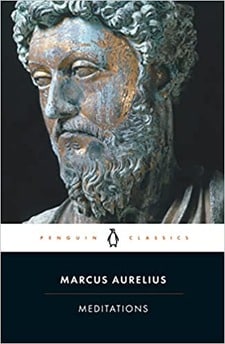
Book Overview: Written in Greek by an intellectual Roman emperor without any intention of publication, the Meditations of Marcus Aurelius offer a wide range of fascinating spiritual reflections and exercises developed as the leader struggled to understand himself and make sense of the universe. Spanning from doubt and despair to conviction and exaltation, they cover such diverse topics as the question of virtue, human rationality, the nature of the gods and the values of leadership. But while the Meditations were composed to provide personal consolation, in developing his beliefs Marcus also created one of the greatest of all works of philosophy: a series of wise and practical aphorisms that have been consulted and admired by statesmen, thinkers and ordinary readers for almost two thousand years.
“A person who knows all sciences but does not know himself is a poor and ignorant person. He who does not know anything except for his inner spiritual self is an enlightened person.”
Leo Tolstoy, A Calendar of Wisdom (Page 252)
“One hour of honest, serious thinking is more precious than weeks spent in empty talks.”
Leo Tolstoy, A Calendar of Wisdom (Page 246)
28 Poetic Quotes from Inward by Yung Pueblo on Healing, Pain, and Love
Excerpt: These quotes from Inward by Yung Pueblo are painful and healing all at once. They’re deep, emotional, and worth every ounce of your attention.
Read More »28 Poetic Quotes from Inward by Yung Pueblo on Healing, Pain, and Love
“A victory over oneself is a bigger and a better victory than a victory over thousands of people in a score of battles. Those who have achieved victory over other people can be defeated in future battles, but those who have achieved victory over themselves become victors forever.”
Dhammapada, A Calendar of Wisdom (Page 101)
“When in trouble, just let go. Go back to idle.”
Delia Owens, Where The Crawdads Sing (Page 41) | Read Matt’s Blog on this quote ➜
“I’ve been really lucky to see many, many places. Now, the great adventure is the inner world, now that I’ve spent a lot of time gathering emotions, impressions, and experiences. Now, I just want to sit still for years on end, really, charting that inner landscape because I think anybody who travels knows that you’re not really doing so in order to move around—you’re traveling in order to be moved. And really what you’re seeing is not just the Grand Canyon or the Great Wall but some moods or intimations or places inside yourself that you never ordinarily see when you’re sleepwalking through your daily life.”
Pico Iyer, via Becoming Wise (Page 196)
Men go forth to wonder at the heights of mountains,
the huge waves of the sea,
the broad flow of the rivers,
the vast compass of the ocean,
the courses of the stars,
and they pass by themselves without wondering.
Saint Augustine, via Becoming Wise (Page 163)
“History always repeats itself until we honestly and searchingly know ourselves.”
Krista Tippett, Becoming Wise (Page 3)
“Only in the presence of an unwavering commitment to facing our demons does the doorway to self-discovery open.”
Debbie Ford, The Shadow Effect (Page 93)
